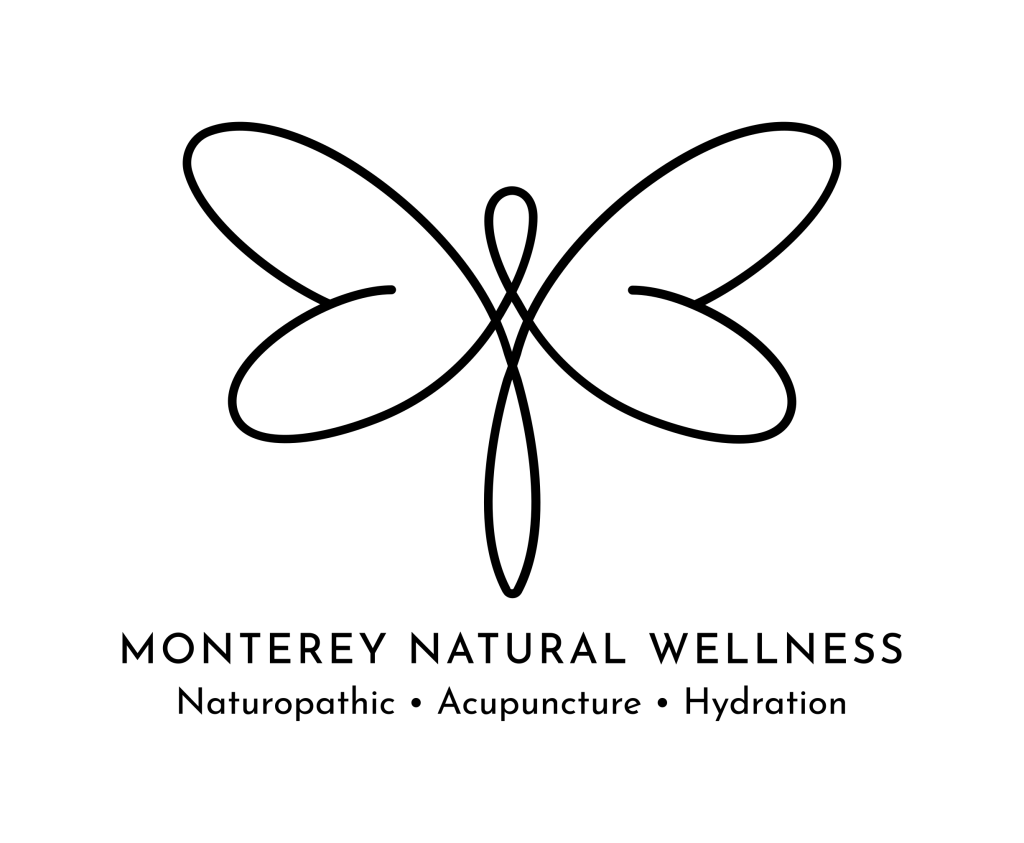Nature therapy, also known as ecotherapy or green therapy, is a therapeutic practice that involves spending time in nature to improve mental and physical well-being. This form of therapy has gained popularity in recent years as people seek natural remedies for stress, anxiety, and other mental health issues. In this article, we will explore what nature therapy is, how it works, and how it can help you improve your overall health and well-being.
Nature therapy is based on the idea that spending time in nature has positive effects on our mental and physical health. This concept is not new, as cultures around the world have long recognized the healing properties of nature. From the ancient Japanese practice of forest bathing to Native American sweat lodge ceremonies, people have been turning to nature for healing for centuries.
The benefits of nature therapy are numerous and can have a profound impact on our overall well-being. One of the main benefits of nature therapy is stress reduction. Studies have shown that spending time in nature can reduce levels of cortisol, the stress hormone, and lower blood pressure. Being in nature also encourages physical activity, which can help reduce stress and improve overall mental health.
In addition to stress reduction, nature therapy can also help improve mood and mental health. Research has shown that spending time in nature can increase levels of serotonin, the “feel-good” hormone, and reduce symptoms of depression and anxiety. Being surrounded by natural beauty can lift our spirits and provide a sense of calm and tranquility that is often hard to find in our busy urban lives.
Nature therapy can also have physical health benefits. Being in nature exposes us to natural elements such as sunlight, fresh air, and phytoncides (immune-boosting chemicals released by plants), which can strengthen our immune system and reduce inflammation in the body. Studies have shown that spending time in nature can improve cardiovascular health, boost immunity, and decrease the risk of chronic diseases such as diabetes and obesity.
So, how does nature therapy work? The practice of nature therapy can take many forms, from simply taking a walk in the park to more structured activities such as gardening, hiking, or nature-based mindfulness practices. The key is to engage with nature in a mindful and intentional way, being fully present and attuned to the sights, sounds, and smells of the natural environment.
One popular form of nature therapy is forest bathing, a practice that originated in Japan and involves immersing oneself in the sights, sounds, and smells of the forest. Forest bathing has been shown to reduce stress, improve mood, and boost immunity. Another popular form of nature therapy is horticultural therapy, which involves engaging in gardening or other plant-related activities to improve mental health and well-being.
Nature therapy can be practiced alone or in a group setting, and can be tailored to individual preferences and needs. Whether you prefer a solitary walk in the woods or a group nature retreat, there are many ways to incorporate nature therapy into your routine and reap the benefits of connecting with the natural world.
So, how can nature therapy help you improve your overall health and well-being? By spending time in nature and engaging with the natural world, you can reduce stress, improve mood, boost immunity, and enhance physical and mental health. Nature therapy offers a natural and effective way to promote relaxation, reduce anxiety and depression, and improve overall quality of life.
In our fast-paced and tech-driven world, it can be easy to forget the healing power of nature. But by making time to connect with the natural world, we can reap the many benefits of nature therapy and improve our overall health and well-being. So the next time you’re feeling stressed or overwhelmed, consider stepping outside and connecting with the beauty of the natural world. Nature therapy may just be the remedy you need to find peace, balance, and healing in your life.

